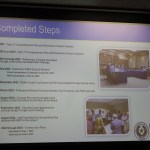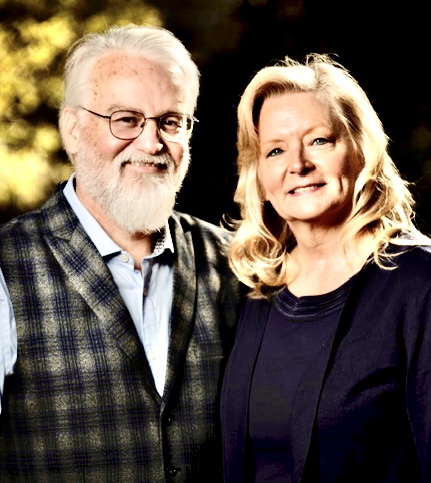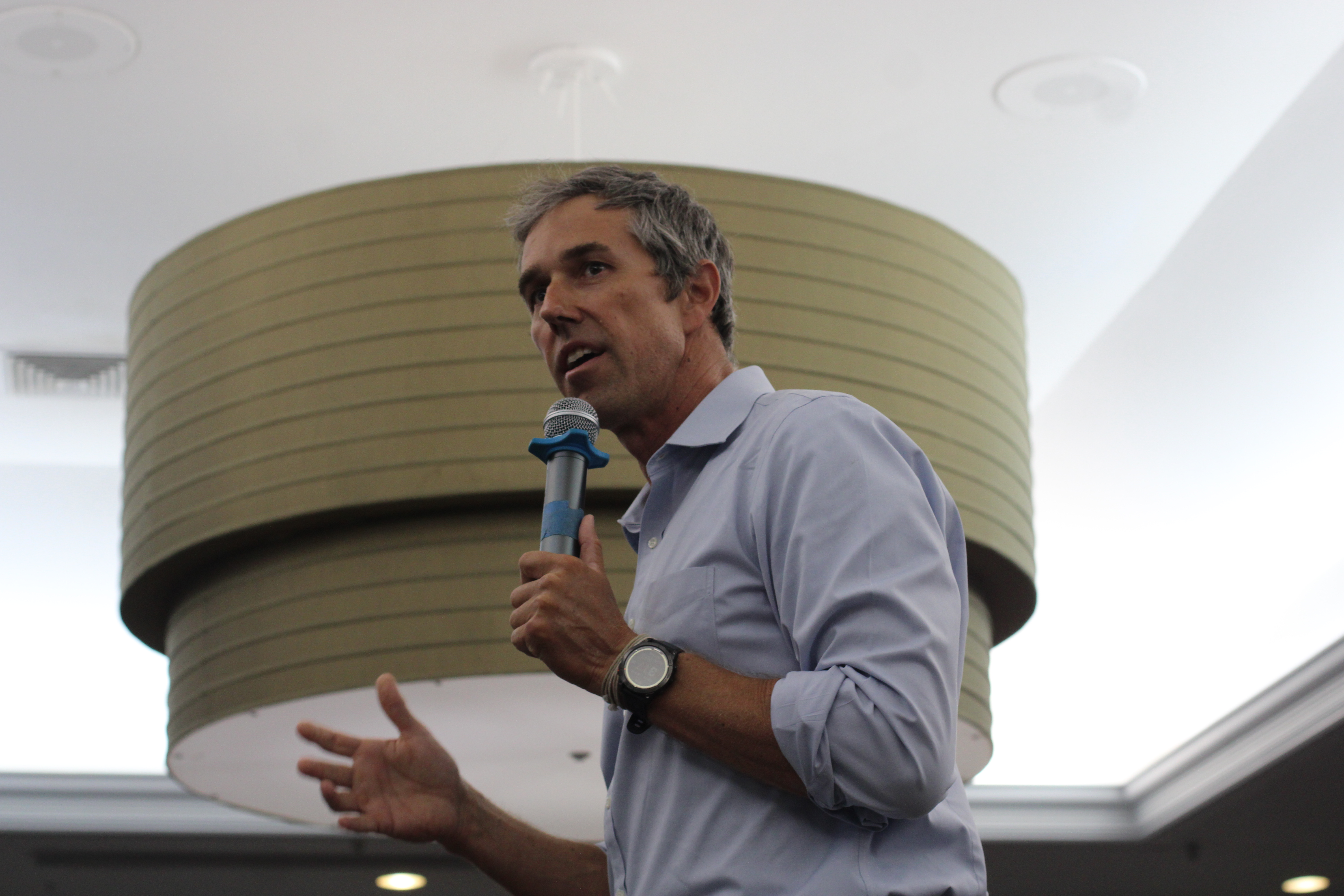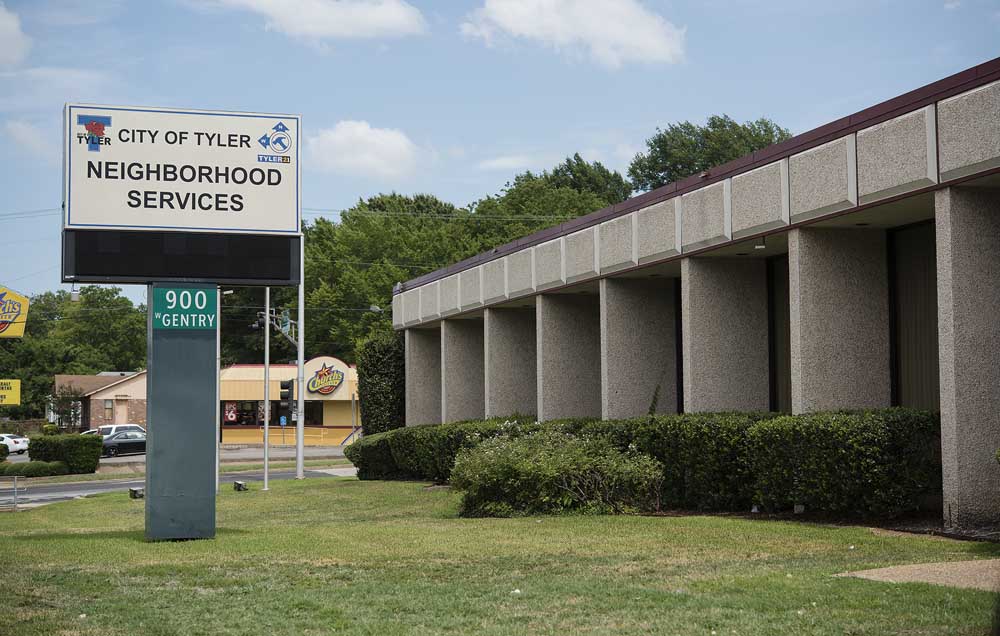City of Tyler, Smith County approve $25.6M downtown overhaul
Published 7:18 am Wednesday, July 9, 2025




Historic collaboration between leaders of Smith County and the City of Tyler cleared the way Tuesday for a $25.6 million investment into the transformation of downtown Tyler, as both governing bodies gathered for a joint meeting to finalize plans and agreements.
“I don’t know across the state how many counties and cities that work together like we’ve been doing the last, well, several years,” County Judge Neal Franklin said. “But we’ve spent many months on this project, just ironing out all the details on the lease has been a challenge, so we worked together to get there.”
The special-called meeting brought together Mayor Don Warren, Franklin, and their respective councils and commissioners at the Smith County Courthouse Annex. Together, they approved a lease and use agreement for the downtown square, and the Tyler City Council authorized a construction contract with The Fain Group to launch Phase 1 of the Downtown Infrastructure Improvement Project.
Trending
The project includes a full overhaul of streets, sidewalks, utilities, drainage systems, lighting, and traffic signals throughout the downtown core. Engineers say the upgrades are designed to last 80 to 100 years and are expected to significantly improve pedestrian access, traffic flow, and long-term development capacity.
Concerns about transparency
While the crowd responded largely with support, the meeting opened with criticism from Grassroots America – We the People. Tom Fabry of the group raised concerns about the timing and transparency of the vote.
“When we met with Judge Franklin on May 9, just two months ago, to discuss fiscal matters, he did not say a word about this investment,” Fabry said. “Smith County taxpayers need and deserve better notification and transparency.”
Although the agenda was posted online on July 3, Fabry noted that draft agreements or planning documents were not included in the Commissioners Court packet, limiting the public’s ability to review or weigh in ahead of the meeting.
“Taxpayers have every right to know how and why their taxpayers’ dollars are being spent and how their county land will be used,” he said.
Planning years in the making
Deputy City Manager Stephanie Franklin addressed the issue of public involvement, noting the city’s downtown vision dates back to its 2007 comprehensive plan. Since then, the city and county have adopted multiple downtown-focused planning documents — most recently in 2014 and 2019 — and conducted public outreach along the way.
Trending
She also cited a downtown traffic study launched in July 2022, which examined the feasibility of restoring two-way traffic to certain streets and incorporating roundabouts. The study, Franklin said, was coordinated with the county’s courthouse and parking garage planning to ensure long-term alignment.
Designing the heartbeat of Tyler
Brandy Ziegler of Fitzpatrick Architects called the downtown revitalization effort a “masterpiece of collaboration” and emphasized that downtown isn’t just a geographic center — it’s symbolic of a city’s identity and vitality.
“It’s the space that is open for all,” Ziegler said. “It’s viewed as the space open for everyone to be able to have amenities and to come into one area. And it’s viewed when businesses are looking at communities as the quality of life, and we’re up against other cities who are doing these projects when businesses are looking at our community to decide where they want to be.”
She highlighted similar efforts in cities like Midland, Lubbock, and Amarillo, where hundreds of millions of dollars have been invested in downtown convention centers, green spaces, hotels, and civic venues. “Mid-tier cities are coming back and investing in downtown,” she said. “It’s because it’s the heart of communities.”
Architect Steve Fitzpatrick noted how the vision had already begun to materialize in Tyler. He recalled how the firm began modeling improvements in 2015 to help local leaders and the public visualize what could be possible.
“We’re architects; let’s model it and show people here’s what could happen,” he said.
Fitzpatrick pointed to the renovation of the People’s Petroleum Building and the Wilcox Building, as well as new units at the Lindsey Building and a proposed redevelopment of the Holley Automotive site on Broadway. “We said if the public would do their part, the private investors would come along and do their part,” he said.
He also shared that a developer behind a high-end hotel project in Lubbock has expressed interest in building a four- to five-star hotel in Tyler — but only if it’s located downtown.
“This is the only place they’ll build it,” he said. “Nowhere else in the community do they want to be.”
Built to last and grow
Engineer Bill Hicks of Halff Associates outlined the scope and complexity of the project, noting that much of the existing infrastructure is between 50 and 100 years old.
“This site presents a bit of a challenge from a design standpoint,” Hicks said. “It’s very dense. [That] creates design challenges and construction challenges.”
He said the team has carefully coordinated construction phases with the ongoing courthouse project to minimize disruption, and that the new infrastructure will accommodate higher-density development, such as hotels, restaurants, and apartments. The upgrades will also improve drainage, ADA accessibility, and pedestrian safety.
“The intent of our design was to design the infrastructure to last our community for maybe another 80 or 100 years,” Hicks said.
Public access, restrooms
One point that prompted extended discussion was the inclusion of a public restroom in the redesigned square — an amenity leaders said became necessary after hosting large-scale events and receiving input from local business owners.
Commissioner Christina Drewry asked about the location of the facility, and city staff indicated it would be placed in a discreet corner of the green space. The restroom will include stainless steel fixtures and electronic locks to open and close it each day.
“It’s going to be operable and strong,” Warren said. “There are people that are vandals, and that’s something we’ll have to deal with.”
The restroom will be monitored by officers assigned to the downtown area, including two new officers expected to join the city’s homeless response and community policing teams.
Preparing for the inconvenience
Warren and Franklin acknowledged the benefits of the project will come with short-term disruption.
“It’s going to be an inconvenience,” Warren said. “But we’re going to work with the public and with the businesses to make sure the interference with them is not severe. We’re going to be on their side and make it as painless as possible.”
To move the project forward, the city council voted to authorize the City Manager Ed Broussard to execute a contract with The Fain Group for construction services. The $25.6 million project includes extensive underground utility work, roadway reconstruction, new sidewalks, lighting, and landscaping.
Funding includes $10.7 million in American Rescue Plan Act (ARPA) funds, exchanged through the Half Cent Sales Tax Fund, with additional support from Tyler Water Utilities and the City Information Technology Fund.
Construction is expected to begin in August and take approximately three years, with work divided into phases to reduce impacts on businesses and residents. Phase I will focus on improvements to Erwin Street, Broadway Avenue, Ferguson Street, and College Avenue. Phase II will complete the new green space on the west side of the square.
Some street closures may begin as early as July to support preliminary work. City and County officials said they will provide regular updates online on a project website and through social media, including road closures, construction timelines, and upcoming public meetings.
Final votes and next steps
The meeting concluded with both governing bodies approaching a lease and use agreement for the Public Square. Under the terms, Smith County retains ownership of the square while the City of Tyler will manage maintenance, programming, and event coordination after construction is complete.
Seventy-five percent of any event-generated revenue collected by the city will be returned to the county. Officials said specific rates and event classifications will be decided by the City Council in the future.
The Tyler City Council also formally approved the $25,616,485 construction contract with The Fain Group – setting in motion the long-awaited transformation of the city’s center.
“People have talked about doing this for decades,” Warren said. “And the stars just aligned. This is the time to do it — and so we’ve done it.”












